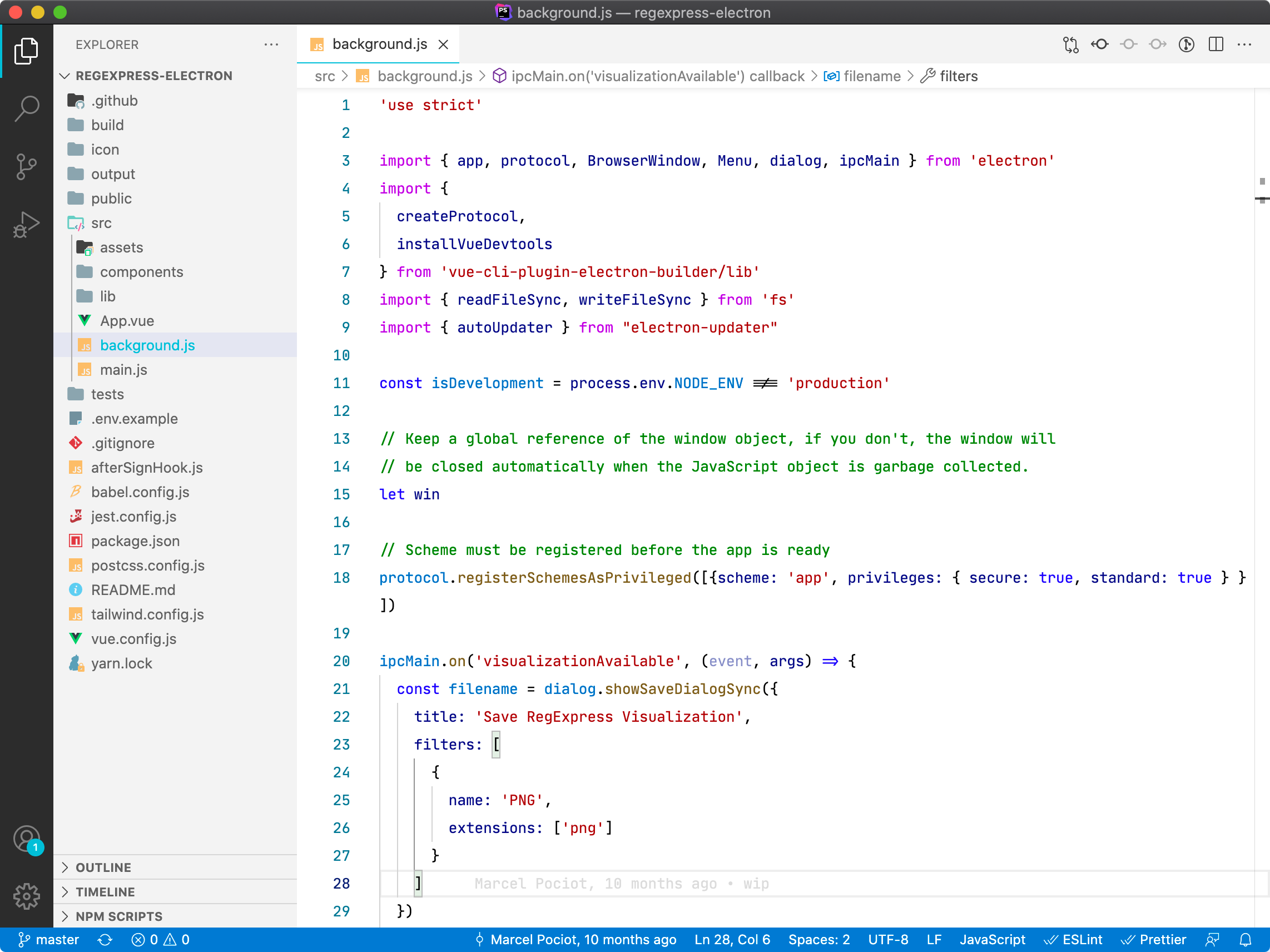Laravel Masked DB Dump
Dump Schema Definition
Your database dump configuration takes place in the config/masked-dump.php file.
You can use the package's fluent API to define which tables should be dumped and which information should be replaced or masked during the dump process.
Configuration Methods#
There are two ways to configure your dump schema. For production applications using Laravel's config caching, the callable method is strongly recommended.
Method 1: Using PHP Callables (Recommended for Production)#
When using Laravel's config caching feature, the default inline configuration approach may cause serialization errors. To avoid this issue, use PHP callables in your configuration:
use BeyondCode\LaravelMaskedDumper\DumpSchema;
use App\Support\MaskedDump;
return [
/**
* Use a callable class to define your dump schema
* This method is compatible with Laravel's config caching
*/
'default' => [MaskedDump::class, 'define'],
];
Then create the referenced class:
namespace App\Support;
use BeyondCode\LaravelMaskedDumper\DumpSchema;
use BeyondCode\LaravelMaskedDumper\TableDefinitions\TableDefinition;
use Faker\Generator as Faker;
class MaskedDump
{
public static function define()
{
return DumpSchema::define()
->allTables()
->table('users', function (TableDefinition $table) {
$table->replace('name', function (Faker $faker) {
return $faker->name;
});
$table->replace('email', function (Faker $faker) {
return $faker->safeEmail;
});
$table->mask('password');
})
->schemaOnly('failed_jobs')
->schemaOnly('password_reset_tokens');
}
}
Method 2: Inline Definition#
This is the basic configuration that you'll receive after installing the package. While simpler for development, this method is not compatible with Laravel's config caching:
use BeyondCode\LaravelMaskedDumper\DumpSchema;
use BeyondCode\LaravelMaskedDumper\TableDefinitions\TableDefinition;
use Faker\Generator as Faker;
return [
/**
* Use this dump schema definition to remove, replace or mask certain parts of your database tables.
* NOTE: This approach is not compatible with Laravel's config caching.
*/
'default' => DumpSchema::define()
->allTables()
->table('users', function (TableDefinition $table) {
$table->replace('name', function (Faker $faker) {
return $faker->name;
});
$table->replace('email', function (Faker $faker) {
return $faker->safeEmail;
});
$table->mask('password');
}),
];
Defining which tables to dump#
The dump configuration allows you to specify which tables you want to dump. The simplest form of dumping your database can be achieved by using the allTables() method.
This ensures that all of your database tables will be represented in the dump. You can then go and customize how certain tables should be dumped:
return [
'default' => DumpSchema::define()
->allTables(),
];
Exclude specific tables from dumps#
The exclude() method allows you to exclude specific tables from the dump. This can be useful if you want to exclude certain tables from the dump:
return [
'default' => DumpSchema::define()
->allTables()
->exclude('password_resets'),
];
Masking table column content#
To mask the content of a given table column, you can use the mask method on a custom table definition. For example, let's mask the password column on our users table:
return [
'default' => DumpSchema::define()
->table('users', function ($table) {
$table->mask('password');
})
];
By default, the data will be masked using the x character, but you can also specify your own custom masking character as a second parameter:
return [
'default' => DumpSchema::define()
->table('users', function ($table) {
$table->mask('password', '-');
})
];
Replacing table column content#
Instead of completely masking the content of a column, you can also replace the column content. The content can either be replaced with a static string, or you can make use of a callable and replace it with custom content - for example faker data.
To replace a column with a static string, you can use the replace method and pass the string to use as a replacement as the second argument:
return [
'default' => DumpSchema::define()
->table('users', function ($table) {
$table->replace('name', 'John Doe');
})
];
This configuration will dump all users and replace their name with "John Doe".
To gain more flexibility over the replacement, you can pass a function as the second argument. This function receives a Faker instance, as well as the original value of the column:
return [
'default' => DumpSchema::define()
->table('users', function (TableDefinition $table) {
$table->replace('email', function (Faker $faker, $value) {
return $faker->safeEmail;
});
})
];
When dumping your data, the dump will now contain a safe, randomly generated email address for every user.
Optimizing large datasets#
The method TableDefinition::outputInChunksOf(int $chunkSize) allows for chunked inserts for large datasets, improving performance and reducing memory consumption during the dump process.
return [
'default' => DumpSchema::define()
->allTables()
->table('users', function($table) {
return $table->outputInChunksOf(3);
});
];
Specifying the database connection to use#
By default, this package will use your default database connection when dumping the tables.
You can pass the connection to the DumpSchema::define method, in order to specify your own database connection string:
return [
'default' => DumpSchema::define('sqlite')
->allTables()
];
Multiple dump schemas#
You can define multiple database dump schemas in the masked-dump.php configuration file.
The key in the configuration array is the identifier that will be used when you dump your tables:
return [
'default' => DumpSchema::define()
->allTables(),
'sqlite' => DumpSchema::define('sqlite')
->schemaOnly('custom_table'),
];
When using the callable approach with multiple schemas, you can define separate classes for each schema:
use App\Support\DefaultMaskedDump;
use App\Support\SqliteMaskedDump;
return [
'default' => [DefaultMaskedDump::class, 'define'],
'sqlite' => [SqliteMaskedDump::class, 'define'],
];
Build desktop applications as a web developer
Our course teaches you how to build, publish, and distribute desktop applications with HTML, JavaScript and CSS.
Learn more